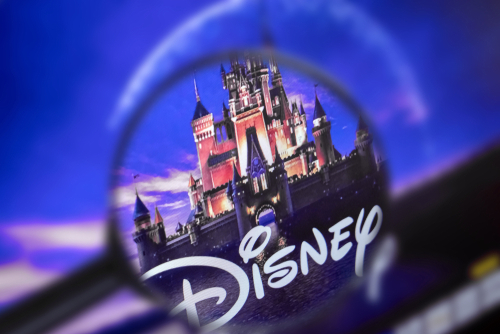
In a move that has sent shockwaves through the toy industry, a leading toymaker has announced the layoff of more than 1,000 employees just as the holiday season approaches. This decision has raised eyebrows and questions about the underlying reasons for such a drastic measure during what is traditionally the most lucrative time of year for toy manufacturers.
The company, renowned for its popular brands such as Peppa Pig, Transformers, Monopoly, and Dungeons & Dragons, has been facing a downturn in sales. The CEO cited the first three quarters as particularly challenging, especially in the toy sector, which is still reeling from the highs of the pandemic era when families turned to board games and action figures to pass the time during lockdowns.
TOY MAKER HASBRO TO LAYOFF ANOTHER 20% OF ITS EMPLOYEES IN ORDER TO CUT COSTS OVER WEAK HOLIDAY SALES$HAS pic.twitter.com/Kq2HGfsAS4
— GURGAVIN (@gurgavin) December 12, 2023
Speculation is rife that the partnership with Disney may have contributed to the company’s woes. Recent years have seen a decline in the popularity of certain Disney franchises, with toys linked to the latest Indiana Jones movie and Marvel offerings failing to meet sales expectations after both films performed poorly at the box office.
Social media users have not hesitated to draw connections between the layoffs and the toymaker’s association with Disney. Some suggest that Disney’s recent decisions have negatively impacted other companies, including those producing merchandise for its franchises. The reported revenue declines of between 10 and 17 percent year-on-year have only added fuel to this fire.
I see many people attacking @Hasbro for the announced layoffs. While the company hasn't done itself any favors with its handling of IPs like D&D. People need to realize this is also a ripple effect.
Hasbro's revenue is in part dependant on Marvel and Star Wars and @Disney has…
— CountryGentlman 🇺🇸🎮 (@Gentlman_Gaming) December 12, 2023
Critics have pointed to the broader implications of embracing certain policies and cultural stances, implying that the company’s current predicament could be a result of prioritizing diversity, equity, and inclusion (DEI) initiatives over business fundamentals. This perspective suggests that such policies may have alienated a portion of the consumer base, leading to financial repercussions.
The closure of the Providence, Rhode Island office marks a significant contraction for the toymaker, signaling a shift in the company’s operational footprint. This development has left many wondering about the future of the employees affected by the layoffs and the local economy that benefited from their presence.
As the news spreads, there is a growing sense of unease among shareholders and consumers alike. Questions are being raised about the strategic direction of the company and whether the partnership with Disney is sustainable in the long term given the current market dynamics.
In conclusion, the mass layoffs at this iconic toymaker have sparked a debate about the influence of partnerships, brand associations, and corporate policies on business health. As the company navigates these turbulent times, the industry will be watching closely to see how it adapts to changing consumer tastes and market challenges. The coming months will be critical in determining whether the toymaker can bounce back or if this is the beginning of a deeper decline.












